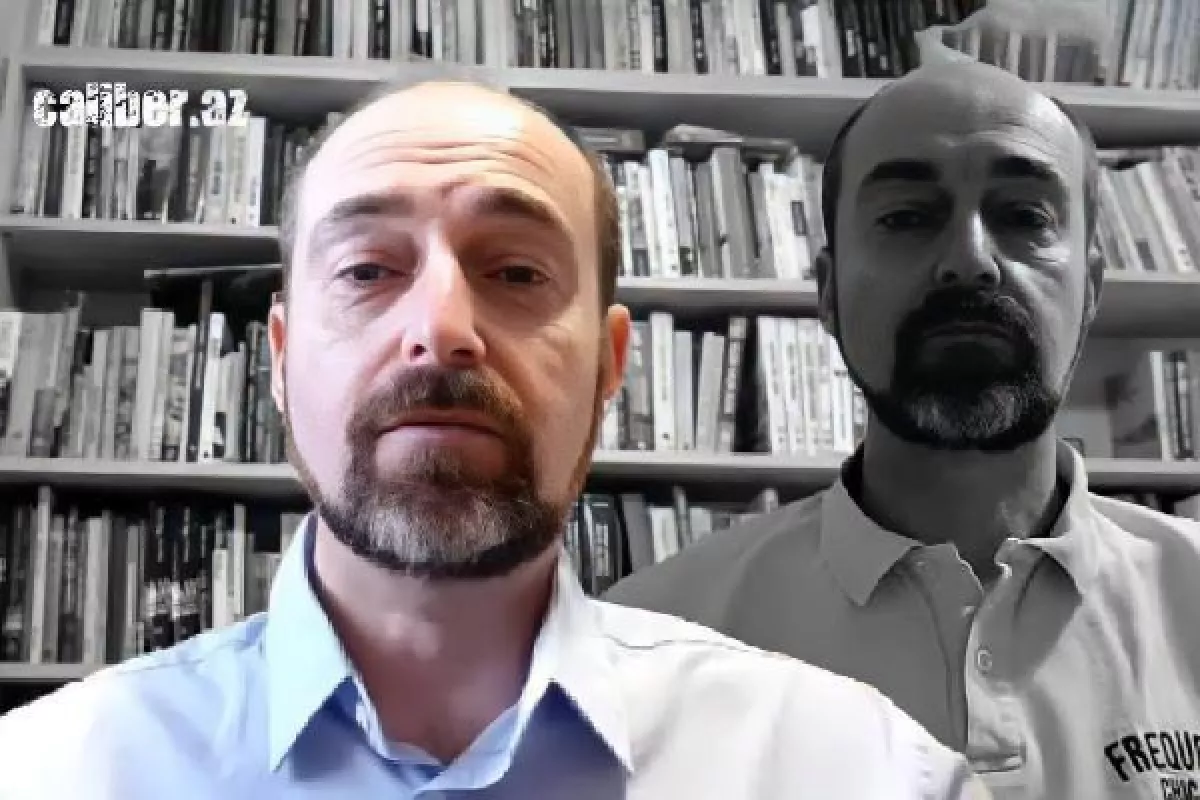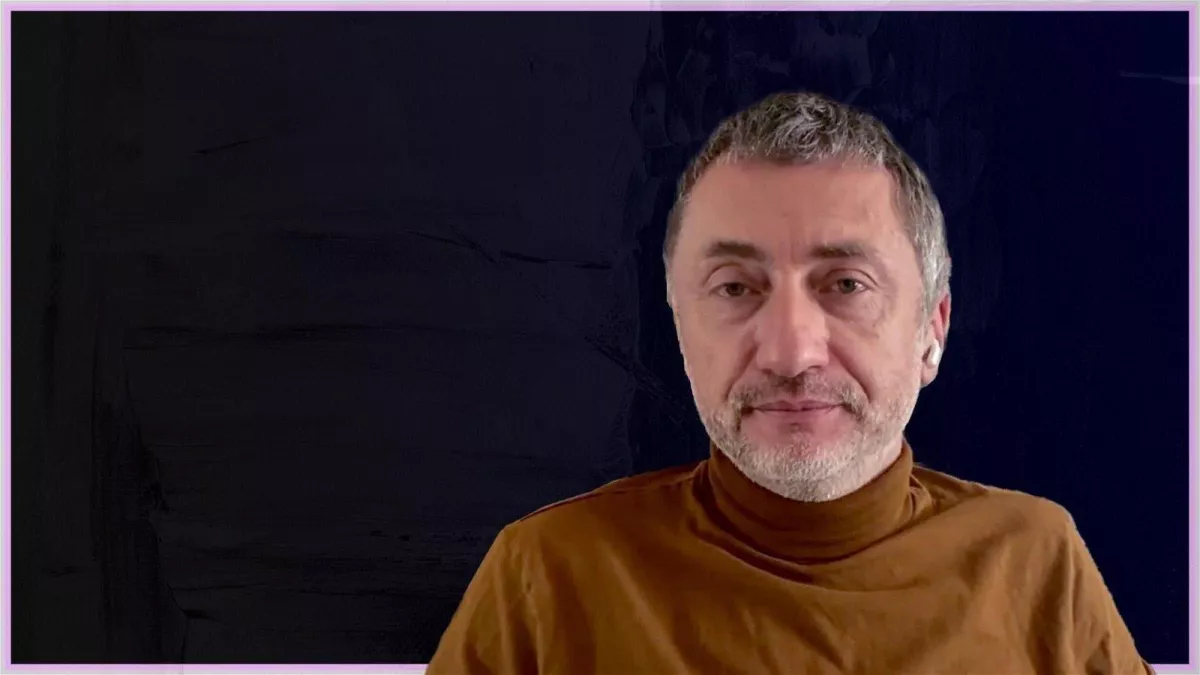Ceasefire in Lebanon: The calm before the storm? Expert opinions
Israel's security cabinet has approved a ceasefire agreement in Lebanon. This 13-point agreement, which calls for a minimum of 60 days of calm, came into effect on November 27 at 11:00. On paper, everything seems to be going smoothly, but will Hezbollah abide by the terms of this agreement? Is the organization using this lull to lick its wounds and regroup to carry out further attacks on Israel? In other words, how sustainable will this ceasefire be?
On the other hand, why has Israel agreed to this step? Could it be because it lacks the resources to sustain a two-front war in both the north and the south? Or perhaps Netanyahu is hoping to use this temporary break to deal with Hamas, which still holds Israeli hostages?
Israeli analysts answered these questions for Caliber.Az.

As military expert David Hendelman noted, strategy is primarily about geography, and Israel cannot fully capture Lebanon, unlike Gaza, where there are clear boundaries to advance. In other words, there must be a point at which Israel stops.
"Therefore, the question was whether we wanted to achieve further military successes against Hezbollah or if it was time to halt. Plus, there's the factor of American pressure. As a result, it was decided to stop. The sustainability of the ceasefire depends on Israel's determination to act against Hezbollah's attempts to restore its military infrastructure. So, we'll have to see how this plays out in reality," says Hendelman.

Another military expert, Sergey Auslander, the author of a military-analytical YouTube channel, believes that for the time being, Hezbollah will likely adhere to the agreements.
"They need to recover; they've suffered very heavy losses. It's clear that they will undoubtedly use this break for that purpose. The question is how capable Iran will be in rebuilding Hezbollah. If Iran's hands are untied in Lebanon, and Hezbollah is able to recover at the same pace as after the Second Lebanon War, then in about 7-10 years, they could return to pre-war strength.
As for the sustainability of the ceasefire, it's hard to say. It has already been violated—Hezbollah militants attempted to enter a border village in Lebanon and were driven off by warning shots. Overall, I don't think Hezbollah will strictly follow all the signed terms. The real issue here is Israel's freedom of action. If Israel is given the freedom to operate in Lebanon, it will be easier. But if there are bureaucratic hurdles—like some committee that needs to be approached, to present evidence that the agreement has been violated, and that committee then deliberates and says it will take action—then that’s complete nonsense and it won’t work. There needs to be freedom of action: if a violation is noticed, strike immediately," says the expert.
According to him, the first reason why Israel decided on a temporary ceasefire is that the army is exhausted.
"It has endured over a year of intense and difficult fighting. Our army is based on reserves, meaning people pulled out of civilian life, so they are tired and need a break. Supplies need to be replenished, equipment needs to be repaired—there's plenty to do.
There's an opinion that this is a temporary window for Hezbollah, but in reality, it seems to me that it's actually needed to wait for Trump's inauguration. To wait for some decision from him on the Iran issue. Not Gaza, not Lebanon—Iran. If the issue with Iran is resolved one way or another, all other problems will resolve themselves. Hamas, it seems, has already expressed a willingness to continue negotiations and reach some kind of agreement, because they’ve realized that if Israel managed to crush Hezbollah, they’re not immune either," said Auslander.

Analyst and journalist Mikhail Gurevich believes that, undoubtedly, there is a risk of Hezbollah using the ceasefire to rearm, although this would require a significant amount of time, as they would need not only to train mid- and high-ranking commanders, many of whom were killed in combat, but also to receive a large number of weapons from outside.
"At least initially, any weapons transport will be limited and heavily monitored. A whole range of problems prompted Israel to agree to a temporary ceasefire. First, the army requires it, because it's not just difficult to fight on two fronts, but the length of the war is also extremely unusual for Israel. Typically, its military operations rarely last longer than 3-4 weeks. But this time, over a year has passed, and many reservists are truly exhausted, the economy is suffering, families are struggling, and a break is needed," explains the analyst.
And the key point, he says, is that, in essence, the parties have reached an agreement similar to the 2006 deal, but with slightly stronger guarantees for Israel and greater involvement from the United States.
"In the grand scheme of things, Israel probably couldn't have achieved any more global objectives in Lebanon. Although, as we know, many Lebanese are unhappy that Hezbollah will continue to exist and exert influence, controlling the life of Lebanon. But ultimately, Israel has no obligations to Lebanese society, and we are not obligated to free them from Hezbollah.
As for the war in Gaza, the army stated over a month ago that the main objectives there have been achieved. Essentially, only a Hamas battalion remains in the refugee camps area in central Gaza, near Deir al-Balah, where, apparently, most of the hostages are being held. Undoubtedly, a lot of attention will now be given to resolving the Gaza issue. By the way, it’s worth noting that, according to President Biden's statement, Türkiye is joining the trio of mediators consisting of Qatar, Egypt, and the United States. This means that Ankara is beginning to get involved in the process of resolving the Gaza situation. This is a new player, one that many, though not publicly, are counting on. Yes, I think the next two months, until January 20, will see more diplomatic efforts to address the Gaza issue," says Gurevich.








